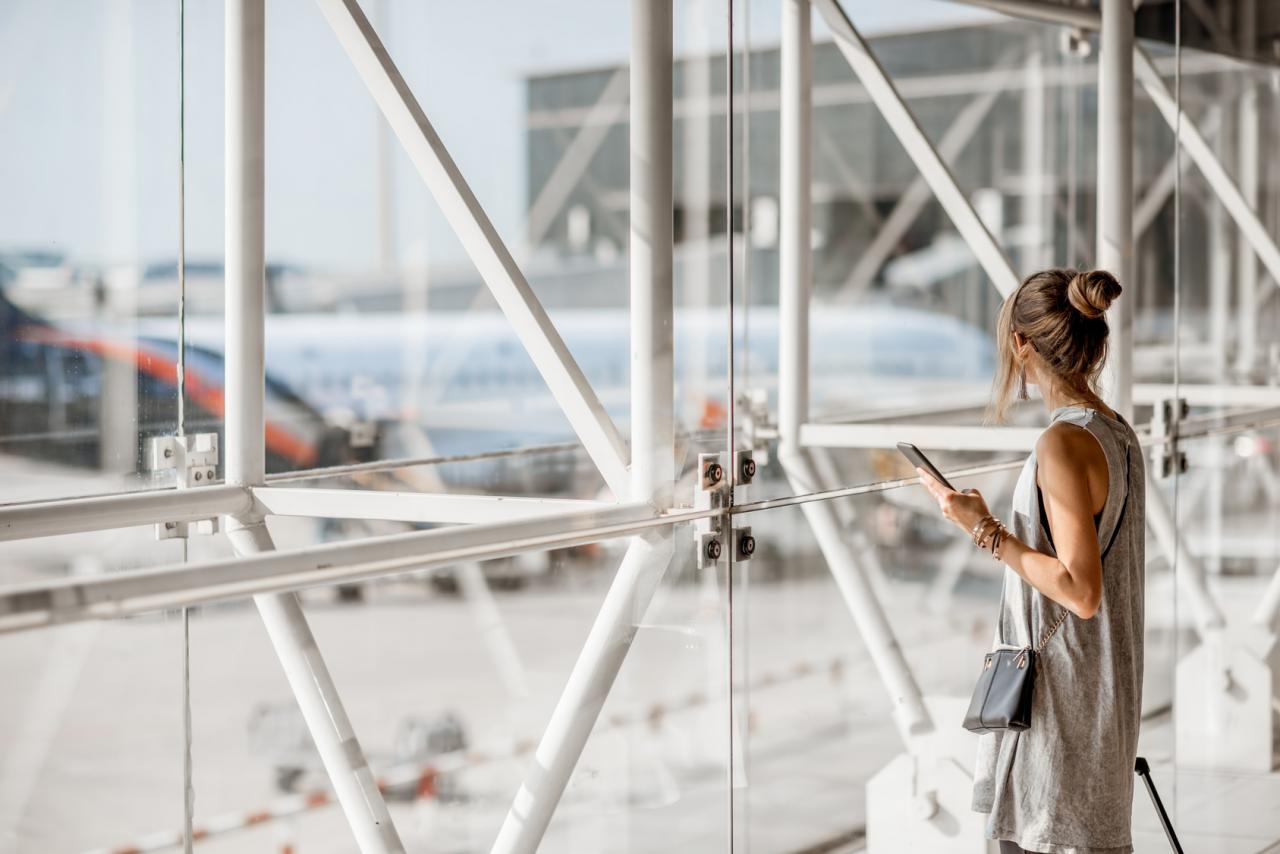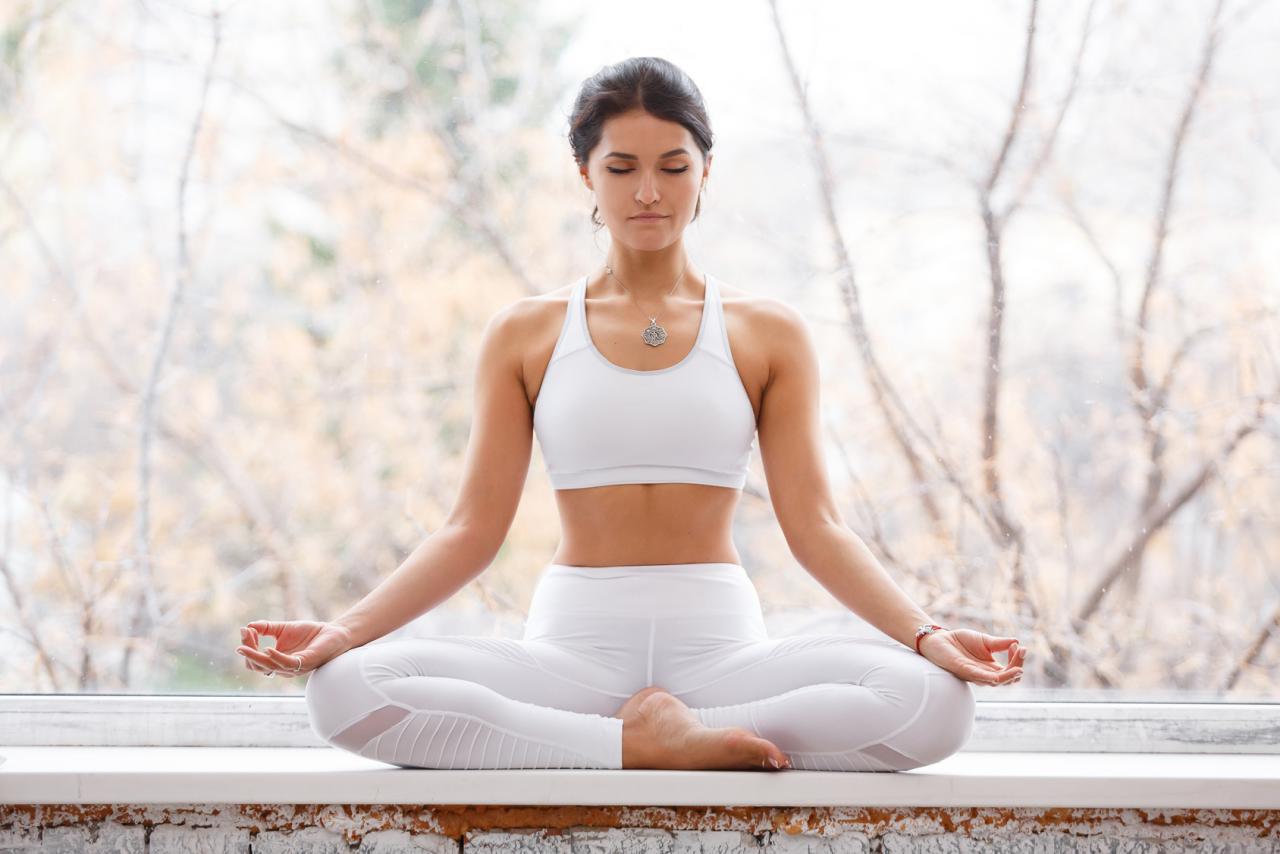Interstitial cystitis is an ongoing inflammation in the wall of the bladder. It is also known as painful bladder syndrome (PBS) or bladder pain syndrome (BPS).
Interstitial cystitis (IC) is not a urinary tract infection. Because IC is often mistaken for a bacterial infection, many sufferers have been treated repeatedly with antibiotics which brought no relief.
The pain of IC emanates from the bladder wall which may be damaged by pinpoint bleeding (also known as glomerulations or petechial hemorrhages) or ulcers.
In 10% of cases, Hunner's ulcers (patches of broken skin on the wall of the bladder) are present.
Interstitial cystitis causes bladder spasms, frequent urination (up to 60 times a day or more), bladder pain, and inability to control urination (incontinence). As the bladder fills, pain increases. After urination, there is some relief.
Pain can affect the lower back, upper legs, and the genitals. The lower abdomen may swell, a symptom known as "IC Belly".
Sexual intercourse can be painful. In women, symptoms may increase during ovulation, or around the time of their menstrual periods.
Symptoms can come and go, often for no apparent reason. They may disappear for days, weeks, even years, with no hint as to when or if symptoms will return.
Acupuncture and acupressure, biodfeedback training, cognitive therapy, electric nerve stimulation, hypnosis and physical therapy have all shown some success.
Writing in a journal may help the individual to recognize their own triggers and patterns.
Some possible triggers are foods, medicine or supplements, exercise, hormonal changes, sex and stress.
It's wise to get to know your symptoms and triggers. Then you can build safeguards against them in your life.
During a flare, avoid restrictive clothing like pantyhose or tight jeans.
Put a teaspoon of baking soda in a glass of water and drink it.
Take a warm bath, with a small amount of water in the tub, or in a sitz bath which fits over the toilet.
Apply a cold pack, heating pad or hot water bottle to the perineum (area between anus and genitals).
With knees up to your chest, squat, or lay back with legs spread. This stretches pelvic muscles.
Relaxation techniques may make a difference. Meditation, visualization and self-hypnosis are helpful to some.
If you have medication for times of flare-ups, take it.
If a flare begins, take steps as soon as possible to lessen its symptoms. Quick action can make for a shorter flare.
Resources:
Interstitial Cystitis Association: Symptoms
http://www.ichelp.org/Page.aspx?pid=347
More Information on Interstitial Cystitis
http://www.wdxcyber.com/nurine04.htm
What is Interstitial Cystitis & Painful Bladder Syndrome?
http://www.ic-network.com/whatisinterstitialcystitis
Interstitial Cystitis/Painful Bladder Syndrome
http://kidney.niddk.nih.gov/kudiseases/pubs/interstitialcystitis
MedlinePlus: Interstitial cystitis
http://www.nlm.nih.gov/medlineplus/ency/article/000477.htm
Sclero.org -- What is Interstitial Cystitis?
http://sclero.org/medical/symptoms/associated/interstitialcystitis/atoz.html
Visit Jody's website and blog at http://www.ncubator.ca and http://ncubator.ca/blogger






Add a Comment5 Comments
how do you test for IC?
March 19, 2010 - 10:32amThis Comment
Hi amjarabo - Your doctor will ask about your symptoms and medical history, and perform a physical exam. In addition, your urine will be tested for pus and bacteria. If bacteria are present in the urine, you will likely be diagnosed with acute cystitis—a typical bladder infection. If no bacteria are present, your doctor will likely do other tests.
A diagnosis of interstitial cystitis will only be made after other conditions have been ruled out and a cystoscopy with bladder distention has been done. This consists of distending (stretching) the bladder to its full capacity by instilling liquids through the cystoscope. If interstitial cystitis is present, there will be characteristic changes in the wall of the bladder following this distension (usually called glomerulations, or occasionally Hunner’s ulcers). These findings are usually interpreted as confirming a diagnosis of interstitial cystitis. A random biopsy of the bladder might be performed if any abnormality is seen.
March 23, 2010 - 6:38pmYou can find more information on our reference page:
https://www.empowher.com/media/reference/interstitial-cystitis
This Comment
Distention and even the regular scope is no longer required.
December 8, 2010 - 7:02pm"he American Urological Association (AUA) announced the release of preliminary IC guidelines at the AUA 2010 annual meeting. On behalf of the AUA's IC guidelines committee, Phil Hanno, MD, presented the first-ever guidelines for diagnosis and treatment from the association. These guidelines do not support using the potassium sensitivity test as a valid one for IC, nor do they support cystoscopy with hydrodistention under anesthesia for "uncomplicated" cases, that is, cases that are not severe and don't have many accompanying conditions"
This Comment
Actually, eliminating potassium-based foods is not a good idea; that information is out of date. Our bodies need potassium to help keep our heart beating and for our muscles to be able to move. ((Link to site selling products removed in accordance with EmpowHER solicitation policy.)
March 5, 2010 - 11:40pmThis Comment
Although there is no definite cure, there are a few treatments and lifestyle changes that do reduce Interstitial cystitis symptoms. These approaches include biophysical techniques such as dietary restrictions, bladder retraining, transcutaneous electrical nerve stimulation, medications and even surgery.
February 23, 2010 - 11:04amAnother 'natural' approach is changing the diet: as with preparing body with diet-before-and-during-ivf, for example, diet should include elimination of potassium and salty foods, and acid-rich foods, spices and beverages that contribute to bladder irritation and inflammation. - basically including nutrition that is gentle for bladder.
This Comment